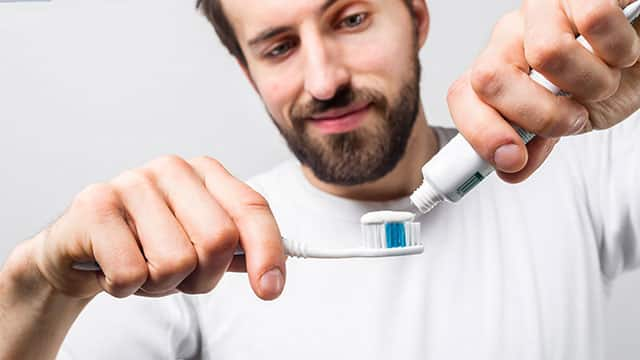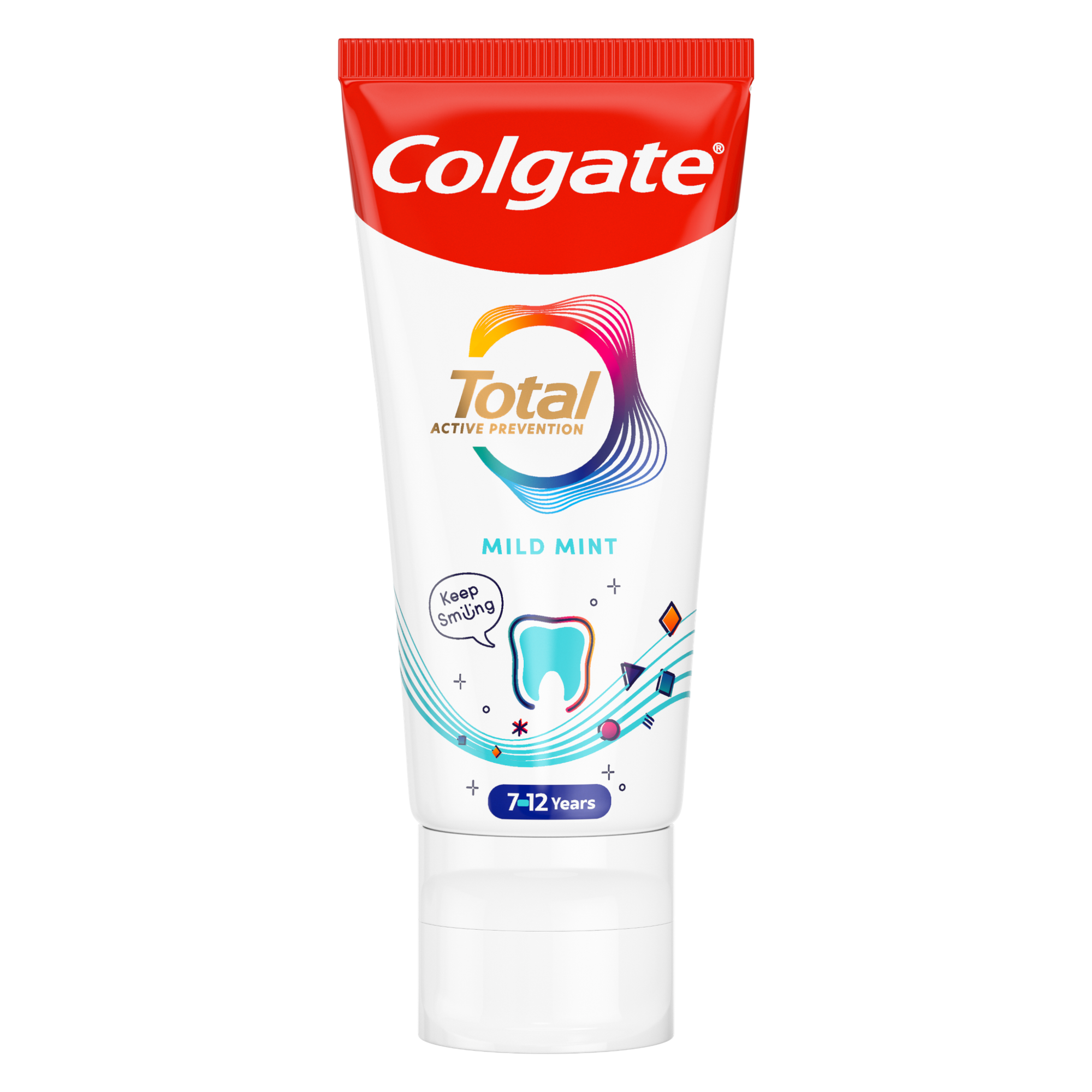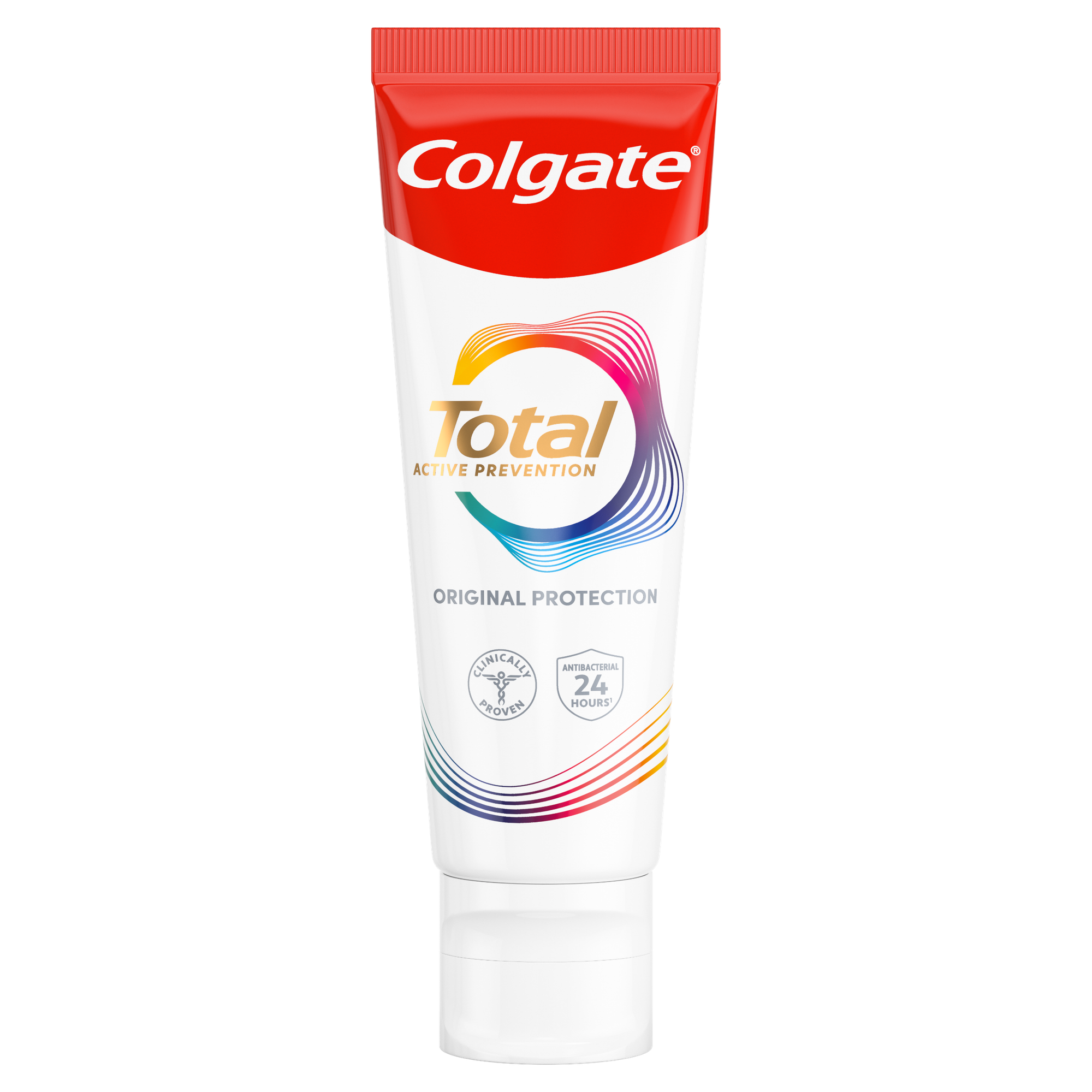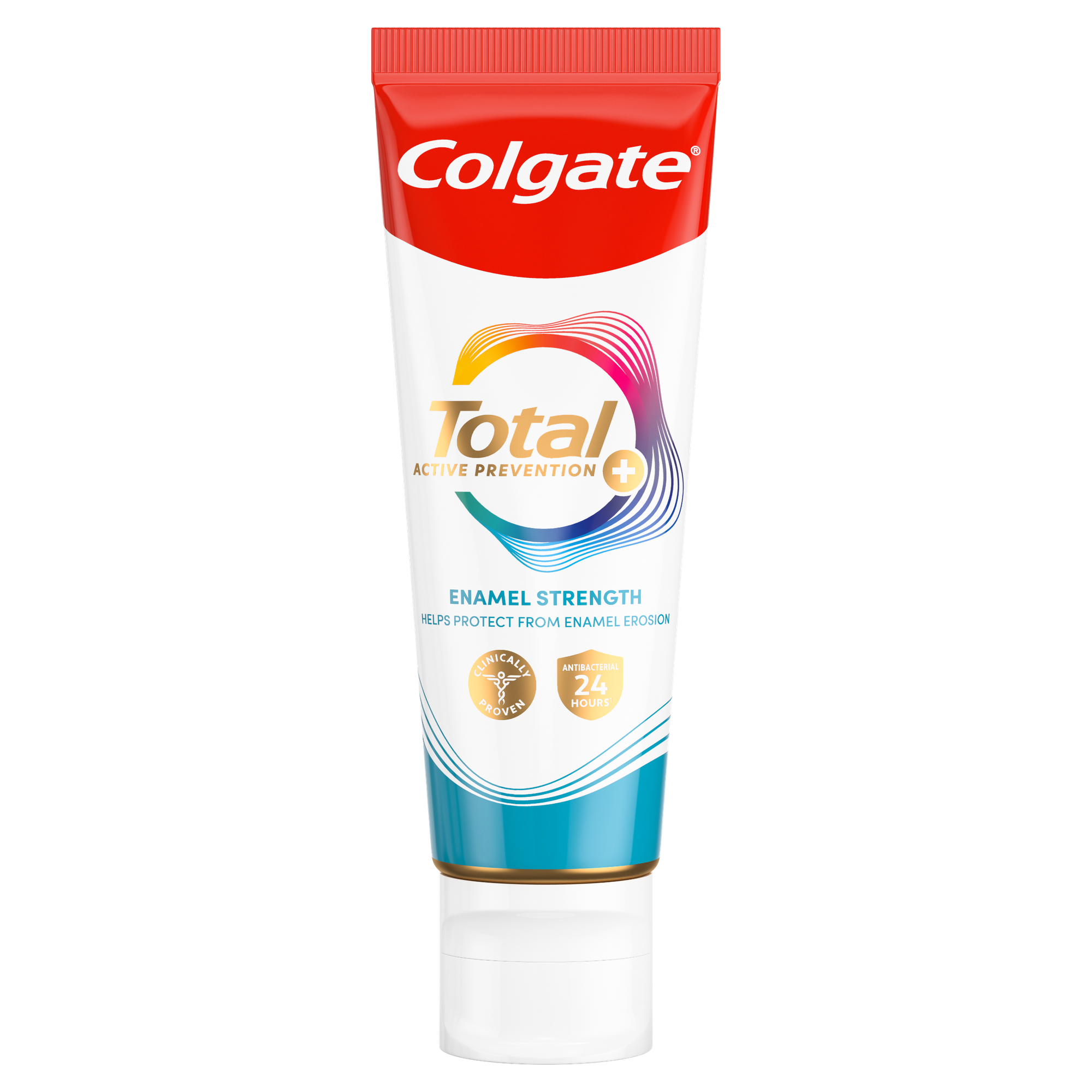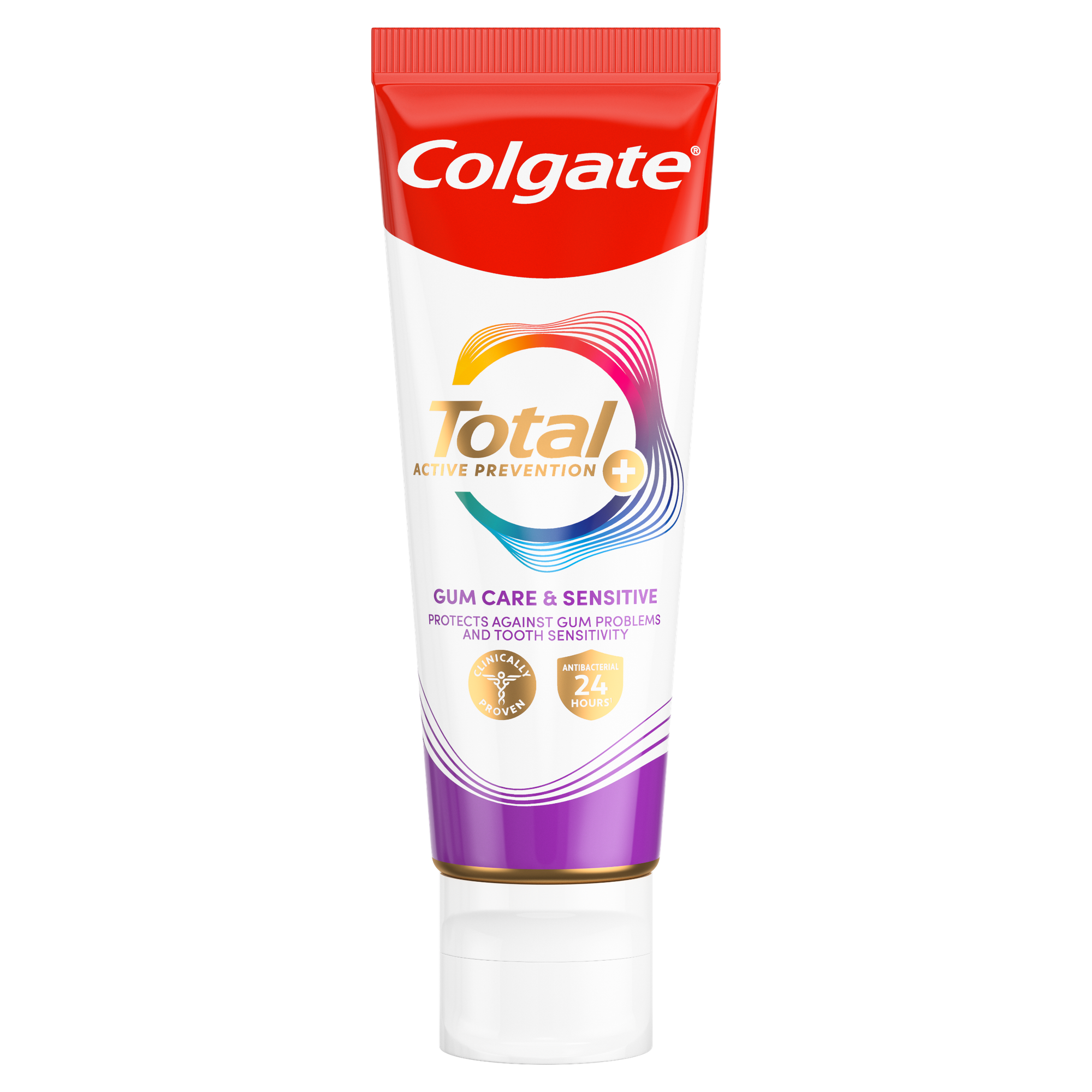Method of Transmission
The main method of transmitting STDs of the mouth is through contact with bodily fluids. In most cases, the presence of oral sores causes fluids from an infected partner's genitals to enter the body, and a localised infection develops. Diseases can also be transmitted from the mouth of an infected person to the genitals of his or her partner.
Symptoms to Look For
Symptoms depend on the type of STD contracted. Oral gonorrhoea is also called pharyngeal gonorrhoea because it typically affects the pharynx.
Symptoms that could indicate an oral STD include:
- Sores in the mouth, which may be painless
- Lesions similar to cold sores and fever blisters around the mouth
- Red, painful throat and difficulty swallowing
- Tonsillitis
- Redness with white spots resembling strep throat
- Whitish or yellow discharge.
Often, an oral STD doesn't produce any noticeable symptoms. So, it's important to be aware of both your own oral health and that of your partner as best you can.
Treatment for Oral STDs
Your form of treatment will differ depending on the type of STD you have and its severity. Mild oral herpes, for example, can be treated through the prescription of a topical anaesthetic to reduce the pain from oral blisters and lesions while the immune system works to restore your oral health. In more severe cases, however, anti-viral medications can help to speed up the process Dental professionals can recommend you various solutions to cleanse and soothe canker sores, denture and mouth irritations.
Oral gonorrhoea is usually treated with a range of antibiotics called cephalosporins; however, the emergence of drug-resistant strains is causing concern among medical practitioners, so it's important for patients to follow treatment instructions very diligently. Syphilis is most commonly treated with penicillin, whereas oral chlamydia is treated with antibiotics such as azithromycin or doxycycline.
Prognosis
If you've had any of these STDs of the mouth in the past and received treatment for them, it's possible for you to contract the same or a different disease again if you have sexual contact with an infected partner. Oral herpes can remain dormant for some time and become active again down the line, particularly in patients who have weakened immune systems.
Prevention
The only way to prevent yourself from contracting an oral STD is to practice safe sex, including safe oral sex. You should also maintain a high standard of oral hygiene, which reduces your risk for developing any type of sore or infection in the mouth.
ORAL HEALTH QUIZ
What's behind your smile?
Take our Oral Health assessment to get the most from your oral care routine
ORAL HEALTH QUIZ
What's behind your smile?
Take our Oral Health assessment to get the most from your oral care routine








